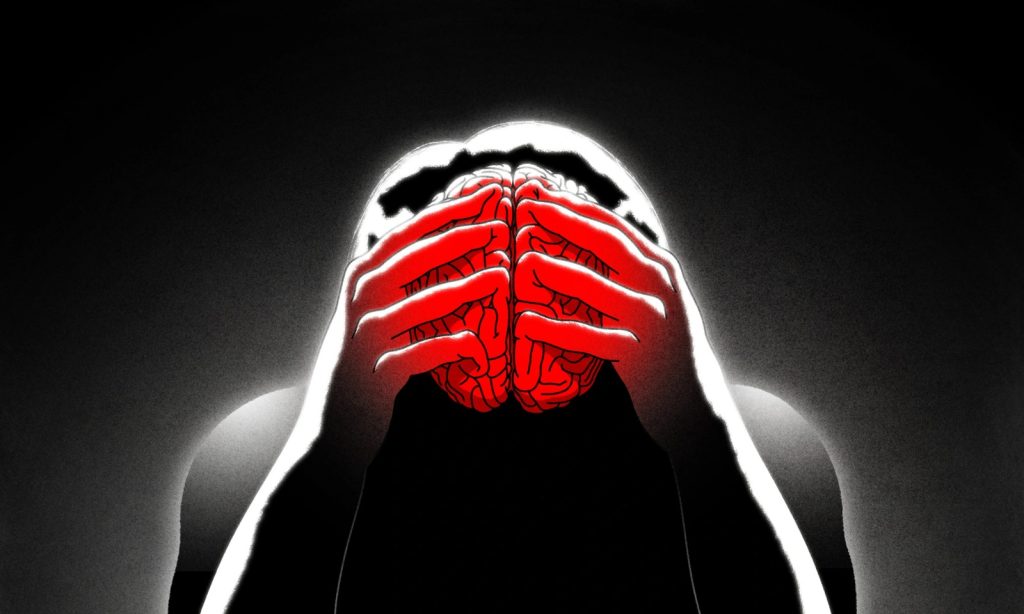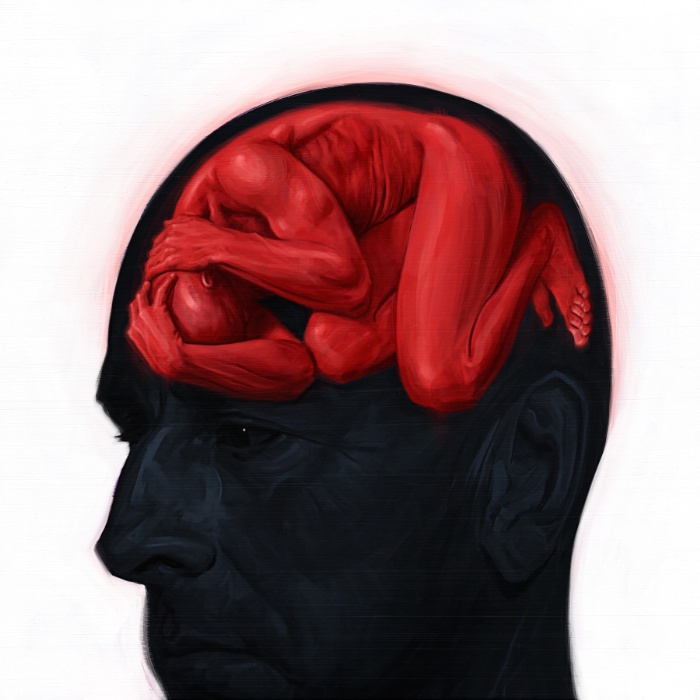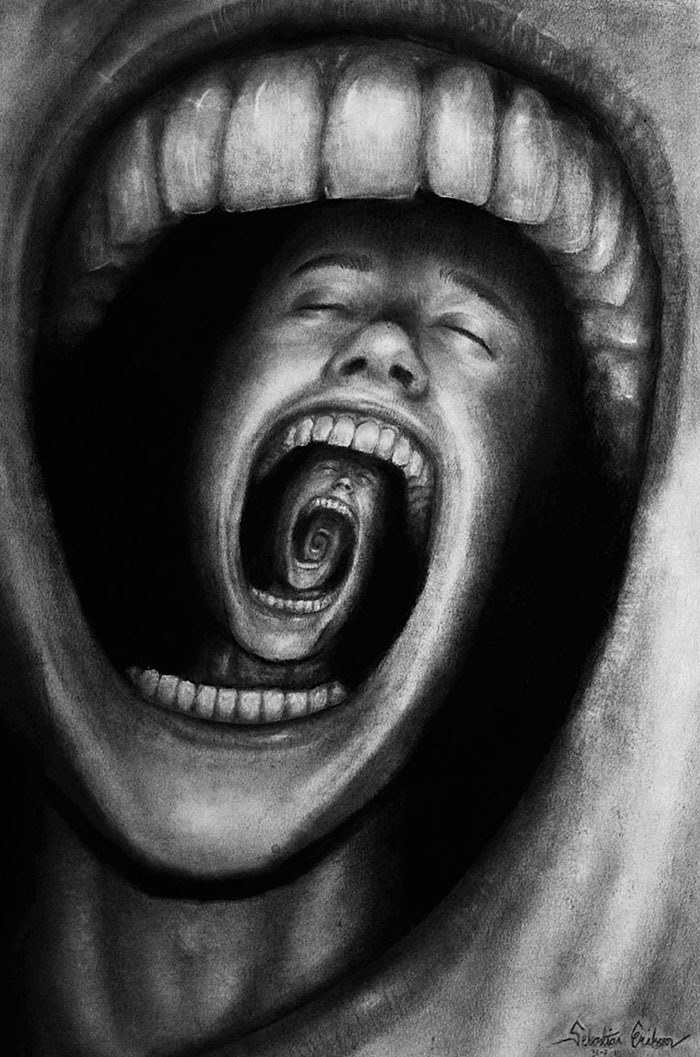Today Gallup, one of the most respected polling organizations in America, issued the result of a survey it did from November 9 to December 2.
The first line of the report was disturbing. Says Gallup, “Americans’ self-reports of mental health are their worst in over” 20 years.

Gallup explains that, “We’ve hit a record low in the percentage of our population who say their mental health is excellent.” In 2001, 43% percent of us described our mental health as excellent. That has plunged to 31%. A massive drop.
Meanwhile 24% of us say our mental health is “only fair” or “poor.”
Why so much gloom, doom, and depression among us? Culprit number one is the pandemic. Boston University says that “Depression Rates in [the] US tripled When the Pandemic First Hit.” Gallup adds that it was “eight months after the pandemic began” that those who said their mental health was excellent plummeted nine points” and hit its greatest low “since the measure was first tracked in 2001.”
Yes, the Covid pandemic, with its lockdowns, social isolation, work from home, and school shutdowns, seems to be villain number one. It has been an extreme challenge to our mental health. Or, to put it in everyday words, Covid has driven us nuts.

Culprit number two in Gallup’s opinion is what it calls “economic concerns precipitated by the highest inflation rate in more than four decades.”
The Atlantic adds five other culprits, “gun violence, climate change, and the political environment.” Not to mention over-protective parents and, of course, social media.
What Gallup and the Atlantic do not say is that something remarkable is happening. The big companies that employ more than a third of us are going through what the high prestige corporate consultancy firm, McKinsey & Company calls a “revolution in how” they “think about, talk about, and cope with all forms of mental health issues.”
McKinsey explains that, “a ‘don’t ask, don’t tell’ approach to mental health in the workplace” is being replaced by “‘do ask, do tell, let’s talk.”
More important, there’s been a tectonic shift in the way insurance companies deal with mental health. Twenty five years ago, if you had a mental health problem, you were on your own. Insurance companies would not pay for a visit to a therapist. Much less for a therapist visit every week. That has changed.
Prodded by the Mental Health Parity Act of 1996, then Obamacare in 2010, insurance companies have made a turnaround. Today they realize that by paying for your visits to your therapist, they are saving themselves money. They know that if they can get your depression and burnout in hand, they can prevent “expensive—medical conditions such as diabetes, cancer, and coronary artery disease.”
The result, says McKinsey, is that “Between 2007 and 2017, the percentage of medical claims associated with behavioral health… more than doubled.”

And the stigma that surrounds confessing to a mental health problem has changed radically. In some youth subcultures, announcing that you have PTSD or borderline personality disorder has actually become a badge of courage.
One result is that, according to Gallup, “nearly one-quarter of U.S. adults, 23%, report having visited a psychologist, therapist, psychiatrist or some other mental health professional in the past 12 months.” On average, we visit a health care professional 3.2 times a year. That is a remarkable change from the days when seeking professional help was regarded as a mark of shame.
But the most amazing figure in the Gallup report is this. Despite Covid, isolation at home, predictions of environmental apocalypse, and the war in the Ukraine, 75% of us describe our mental health as good or excellent. That’s a major achievement. Let’s hope we’re not lying.
References:
https://news.gallup.com/poll/467303/americans-reported-mental-health-new-low-seek-help.aspx
https://www.commonwealthfund.org/blog/2020/aca-10-how-has-it-impacted-mental-health-care
https://get.lyrahealth.com/2022-workforce-mental-health-trends-forecast.html
https://www.corporatewellnessmagazine.com/article/the-2022-state-of-workforce-mental-health
______
Howard Bloom has been called the Einstein, Newton, and Freud of the 21st century by Britain’s Channel 4 TV. One of his seven books–Global Brain—was the subject of a symposium thrown by the Office of the Secretary of Defense including representatives from the State Department, the Energy Department, DARPA, IBM, and MIT. His work has been published in The Washington Post, The Wall Street Journal, Wired, Psychology Today, and the Scientific American. He does news commentary at 1:06 am et every Wednesday night on 545 radio stations on Coast to Coast AM. For more, see http://howardbloom.institute.
